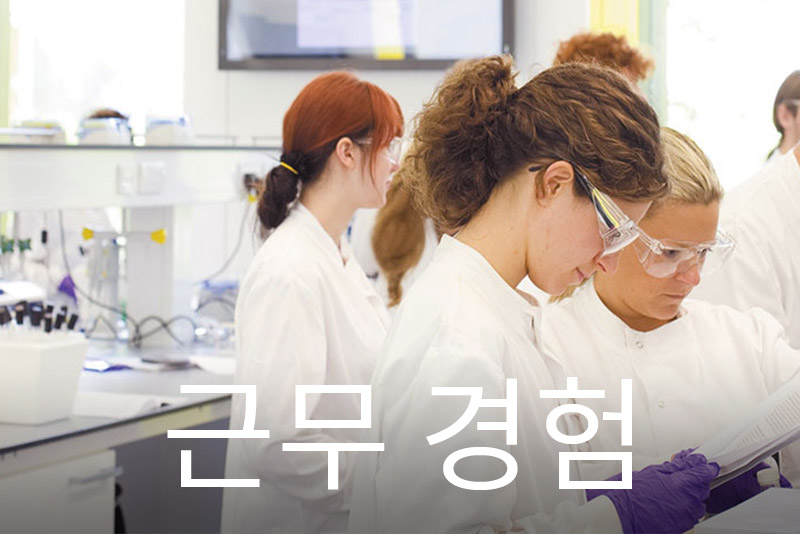
12 Jun
2022
Work Experience
<p><strong>Key Points</strong></p><p>The UK education system encourages high school students to accumulate work experience and in the process get insight into their future careers</p><p>Having some work experience helps applicants for subjects which are more closely related to a profession (e.g medicine) to stand out</p><p>Acquiring work experience is important but the time spent doing so should be reasonable and not at the expense of other aspects of your application</p><p> </p><p><strong>Availability of Work Experience Opportunities for High Schoolers</strong></p><p>Access to work experience for high school students is very much promoted within the UK. The rationale is that this will in turn help students choose a subject of study which they are interested in. There are opportunities to get work experience at the university level (e.g. Imperial Year 12 Summer Work Experience Programme) and some UK high schools even help their students to secure internships at companies which it has relationships with.</p><p> </p><p><strong>The Benefit of Work Experience</strong></p><p>Having stellar grades can often be sufficient for securing a place at many UK universities. Having said that, if you’re applying to top UK universities, the chances are that everyone will have a similar set of grades and you will need something extra to distinguish your application from the rest. That’s where work experience comes in.</p><p>This is particularly true for applications for science related courses. For Medicine, it’s almost mandatory that applicants have work experience. In terms of the other sciences, as competition for a place at Oxford or Cambridge intensifies, more and more applicants are trying to bolster their chances with examples of extracurricular academic achievements as well as work experience. For instance, experience in the laboratory was not as common a few years ago but nowadays, almost every applicant has done some sort of lab internship.</p><p>To summarise, there are benefits to having work experience but do note that the beneficial effect differs across subjects for the following reasons:</p><p> </p><p>a) Some subjects have a strong correlation with a particular profession (e.g lawyers and law, medicine and doctors). For applicants to these subjects, a familiarity with the nature of that profession is very advantageous. On the other hand, subjects like English are more general and the career path of a graduate with a degree in English tends to be more diverse. Hence, the lack of work experience does not put applicants at a disadvantage.</p><p>b) There are certain fields where work experience is difficult to obtain (e.g Architecture). In these situations, applicants without the relevant work experience will not be disadvantaged against other applicants who managed to get work experience.</p><p>c) Work experience which ties in with the university syllabus can provide an added boost to one’s application. For instance, a computer sciences applicant with experience in practical coding would stand out if he or she applies to Imperial College because the syllabus there is geared towards actual coding. On the other hand, the same experience would serve as evidence of interest if the student were to apply to Oxford to read computer sciences, but due to the theoretical nature of the syllabus at Oxford, the weight given to such an experience would not be as great. </p><p> </p><p><strong>Writing About Your Work Experience in the Personal Statement</strong></p><p>Work experience can be used to highlight a key quality that tutors are looking out for in an application: passion for one’s subject. By actively securing work experience, you signal to the reader that you really want to know more about your subject and the sort of work that you’ll be involved in after graduating. In addition, by devoting time and effort to secure work experience (during the summer months for instance), you also demonstrate commitment to your subject.</p><p> </p><p><strong>Striking a Balance</strong></p><p>At the end of the day, work experience can really help to give your application a boost, particualr for subjects which have a strong correlation with particular professions. Having said it, while it’s good to have career ambitions, work experience should only be one part of your application. You should always remember to give due weight to your academic interest in the subject (that after all, is why you are applying to do an undergraduate degree). Time management is very important and you should set aside sufficient resources for other aspects of your application like admissions test preparations as well as the personal statement.</p>